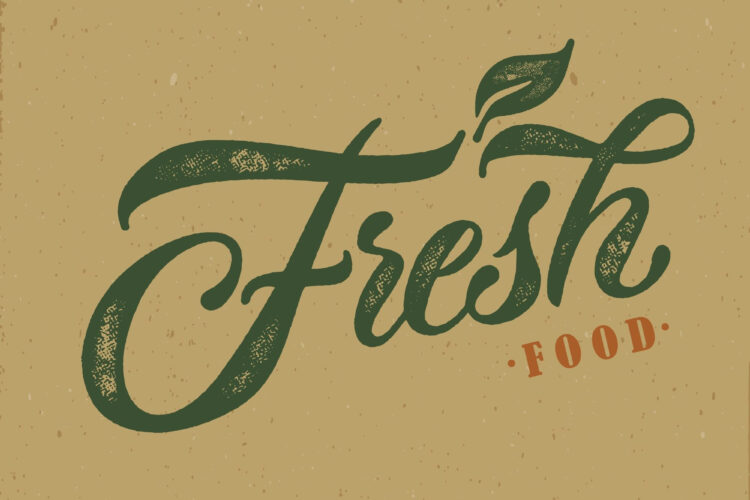What Does the FDA “Fresh” Label Requirement Mean?

When you read a label that describes a food item as “fresh,” what does that mean? There’s more to it than the product is simply new. The Food and Drug Administration (FDA) has regulations for when a food manufacturer can and cannot use the description “fresh.” So it’s important for consumers to understand this term.
It’s equally important for consumers to come forward when they find that food manufacturers are misleading customers by misusing this term—because the FDA doesn’t pre-approve food labels. Labels are only scrutinized after they’ve been used in the marketplace. So, practically speaking, labels only get examined if someone complains.
But in California, consumers can do more than that. State law allows consumers to sue companies that use false or misleading representations on food labels.
What Does “Fresh” Mean?
According to the FDA, “When used in a manner which suggests that a food is unprocessed, the term ‘fresh’ means that the food is in a raw state and has not been frozen or subjected to any form of thermal processing or preservation.”
However, there are important exceptions to this. “Fresh” can still be used to describe food that has approved waxes or other coatings. It can describe products exposed to approved pesticides after they’ve been harvested. Food sellers can still use “fresh” for produce if they give it a mild chlorine or acid wash. And they can even use it to describe food they’ve radiated—although the exposure cannot exceed a maximum dose of 1 kiloGray.
What Does “Fresh Frozen” Mean?
The FDA allows manufacturers to describe something as “fresh frozen” or “frozen fresh” if the food is frozen when it still meets that standard of “fresh.” But more than that, while some initial blanching is allowed, the freezing process should be like blast-freezing, a technique that quickly freezes food before it has time to deteriorate.
Californians Can Sue for Misleading Food Labels
Under the Consumer Legal Remedies Act (CLRA) and the state’s unfair competition law (UCL), California consumers can sue businesses if they’ve purchased items because of content on labels (and other advertising) that subsequently turned out to be false or misleading. And state courts have repeatedly upheld that these laws can apply to food manufacturers—even though the FDA determines food labeling.
Mislabeling food as fresh when it isn’t, enticing you to buy a product, is more than just annoying. It’s fraud. And consumers have a right to sue.
That’s why, if you have purchased food mislabeled as fresh or containing other misleading information, contact attorney Mohsen (Rumi) Parsa. Call us at 949-394-6930 or send us a message through our website to schedule a consultation and discuss the facts of your case and your eligibility for compensation.

